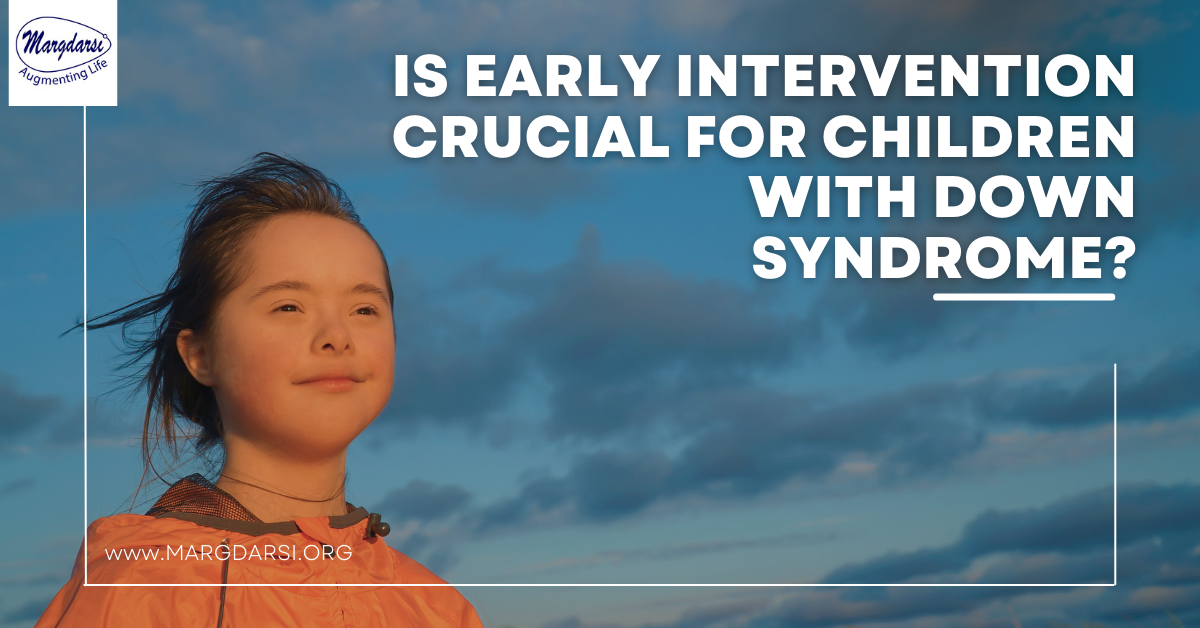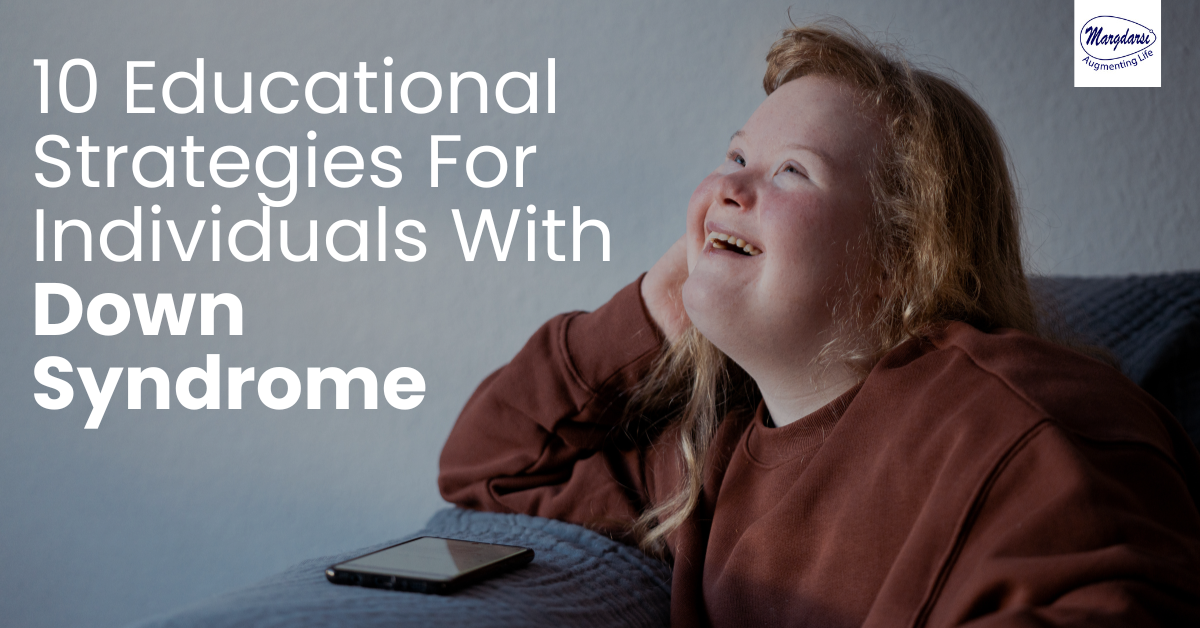
Is Early Intervention Crucial For Children With Down Syndrome?
admin
- 0
Let’s dive into something important: nurturing development in Down Syndrome through practical educational approaches.
Whether you’re a parent, educator, or someone curious about supporting individuals with Down Syndrome, this one’s for you.

Educational Approaches for Down Syndrome: Building Strong Foundations
1. Individualized Learning Plans: Tailor education to each child’s unique strengths and challenges. Personalized approaches are key in educational approaches for Down Syndrome.
2. Early Intervention Programs: Engage in early intervention services to address developmental needs promptly. Early support is crucial in educational approaches for Down Syndrome.
3. Speech and Language Therapy: Foster communication skills through speech and language therapy. These educational approaches for Down Syndrome can open up new avenues for expression.
4. Inclusive Education: Embrace inclusive classrooms to provide a supportive environment. In educational approaches for Down Syndrome, inclusion promotes social interaction and understanding.
Read More Blog: Inside the Depths: Insights from Depression Clinics
5. Visual Aids and Hands-On Learning: Use visual aids and hands-on activities to enhance learning. Concrete examples are powerful tools in educational approaches for Down Syndrome.
6. Structured Routine: Establish a structured routine to create predictability. This is one of the effective educational approaches for Down Syndrome, providing a sense of security.
7. Peer Support Programs: Encourage peer interactions to foster social skills. Peer support programs are valuable in educational approaches for Down Syndrome, promoting friendship and understanding.
Read more Blog : Empowering Daily Living Skills: Training for Independence
8. Adaptive Technology: Integrate adaptive technology to enhance learning experiences. Technological tools can be game-changers in educational approaches for Down Syndrome.
9. Positive Reinforcement: Use positive reinforcement to motivate and reward achievements. Positive feedback is a cornerstone of effective educational approaches for Down Syndrome.
10. Parent Involvement: Actively involve parents in the educational journey. Collaboration between educators and parents strengthens the impact of educational approaches for Down Syndrome.
Empowered Life Without Down’s Syndrome Limits: Take Action Today
Understanding and implementing educational approaches for Down Syndrome is a collective effort. Whether you’re a parent advocating for your child or an educator shaping young minds, taking action today can make a lasting impact.


